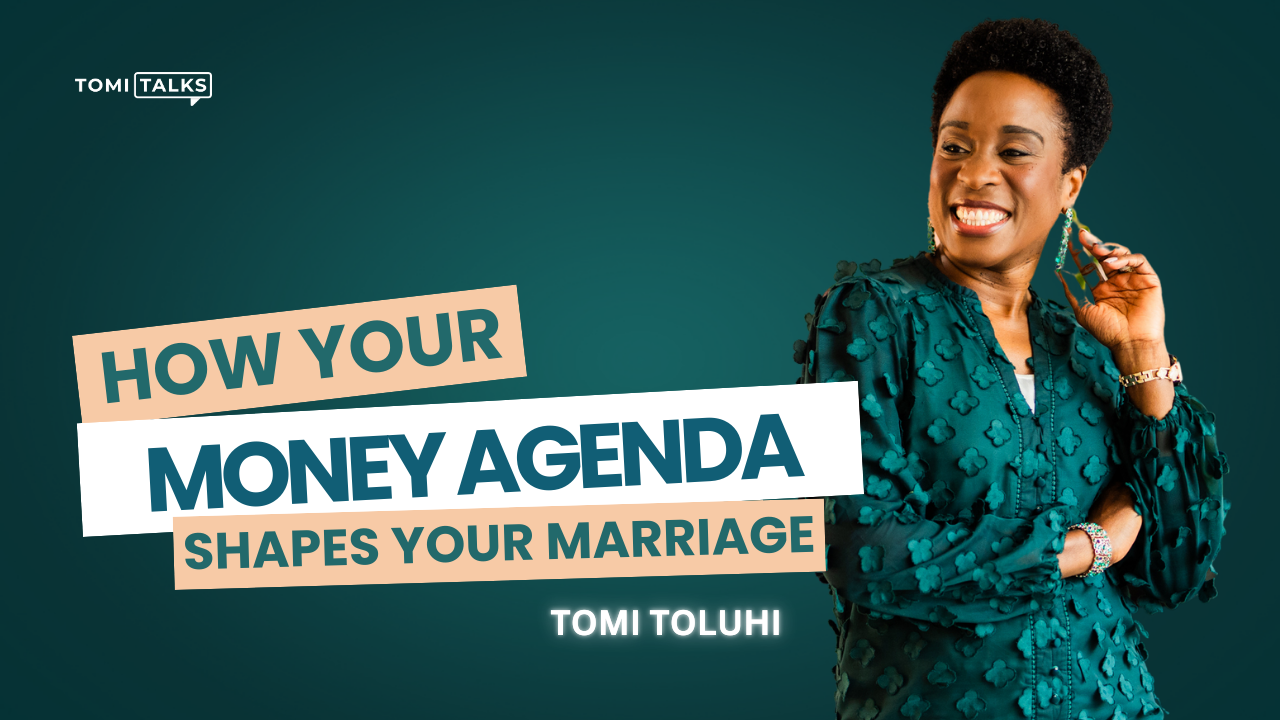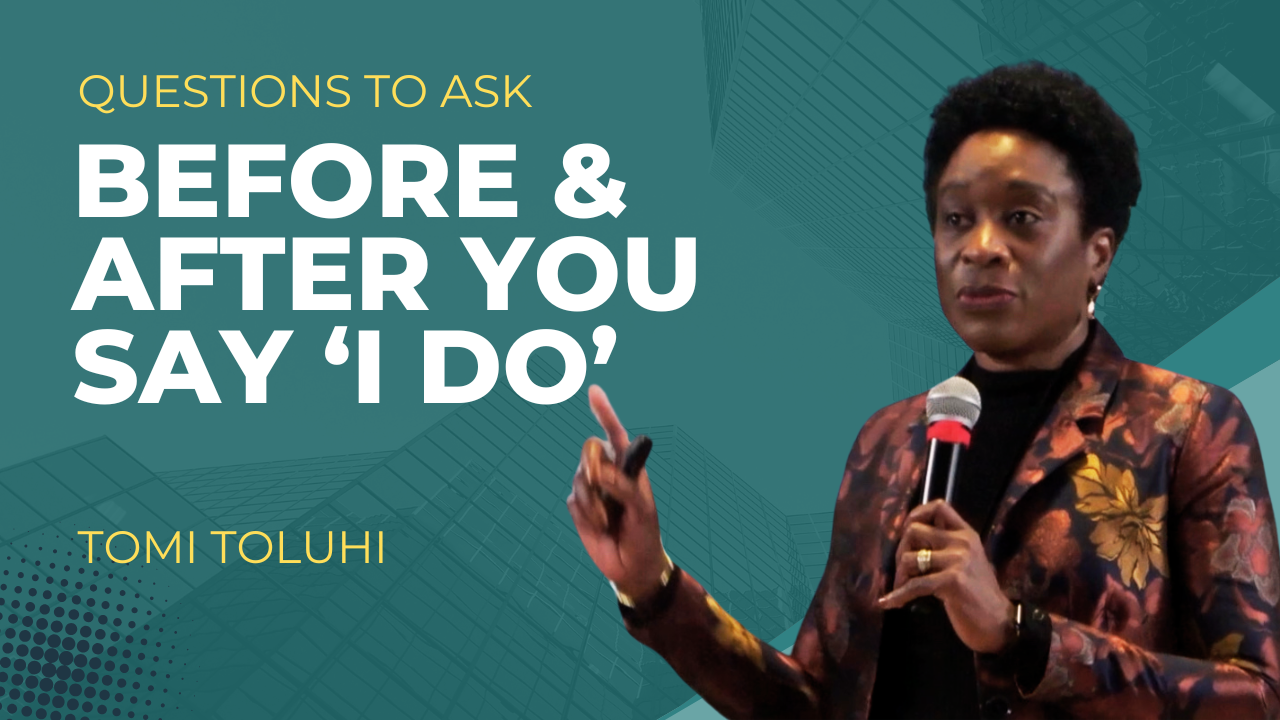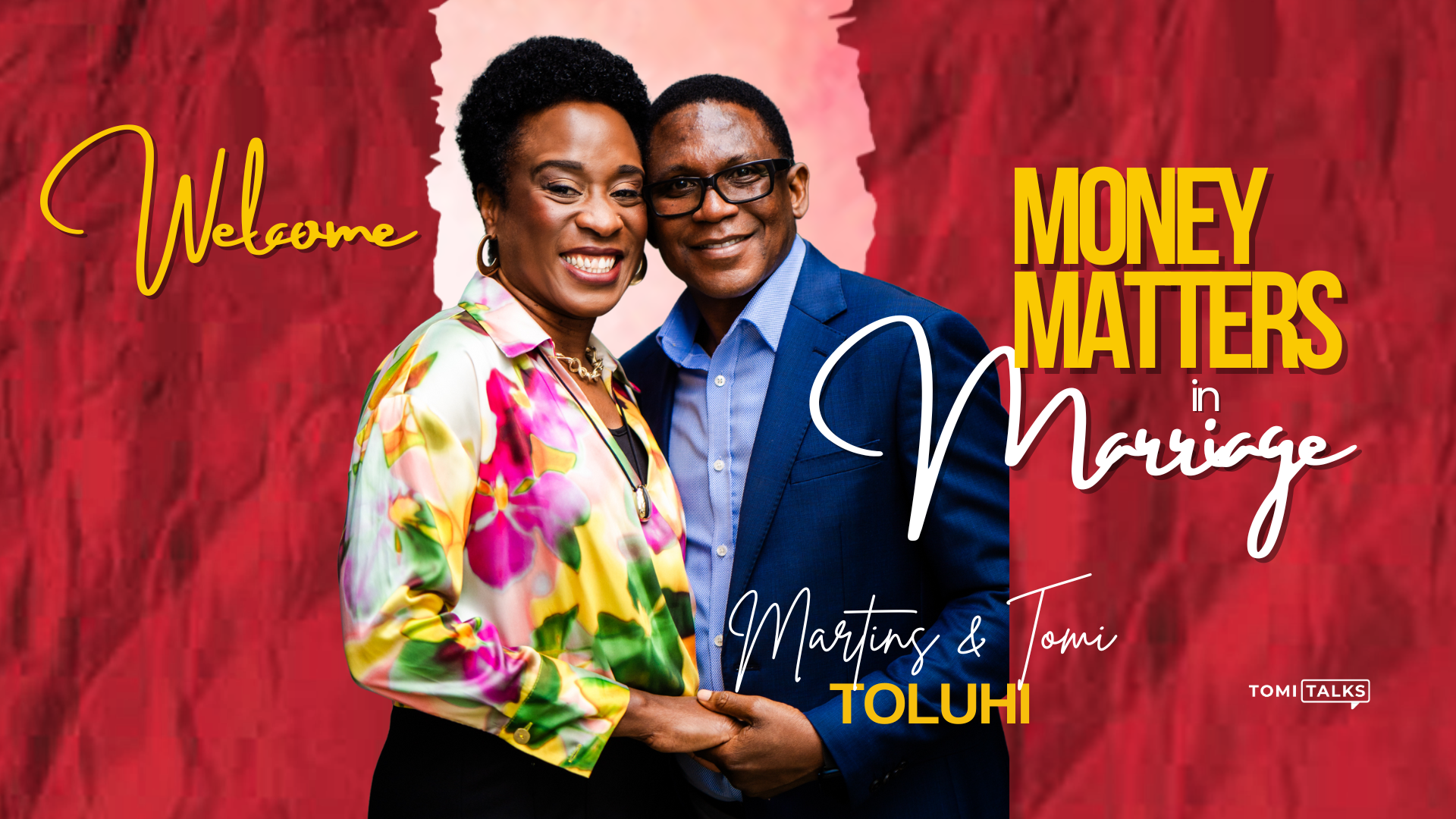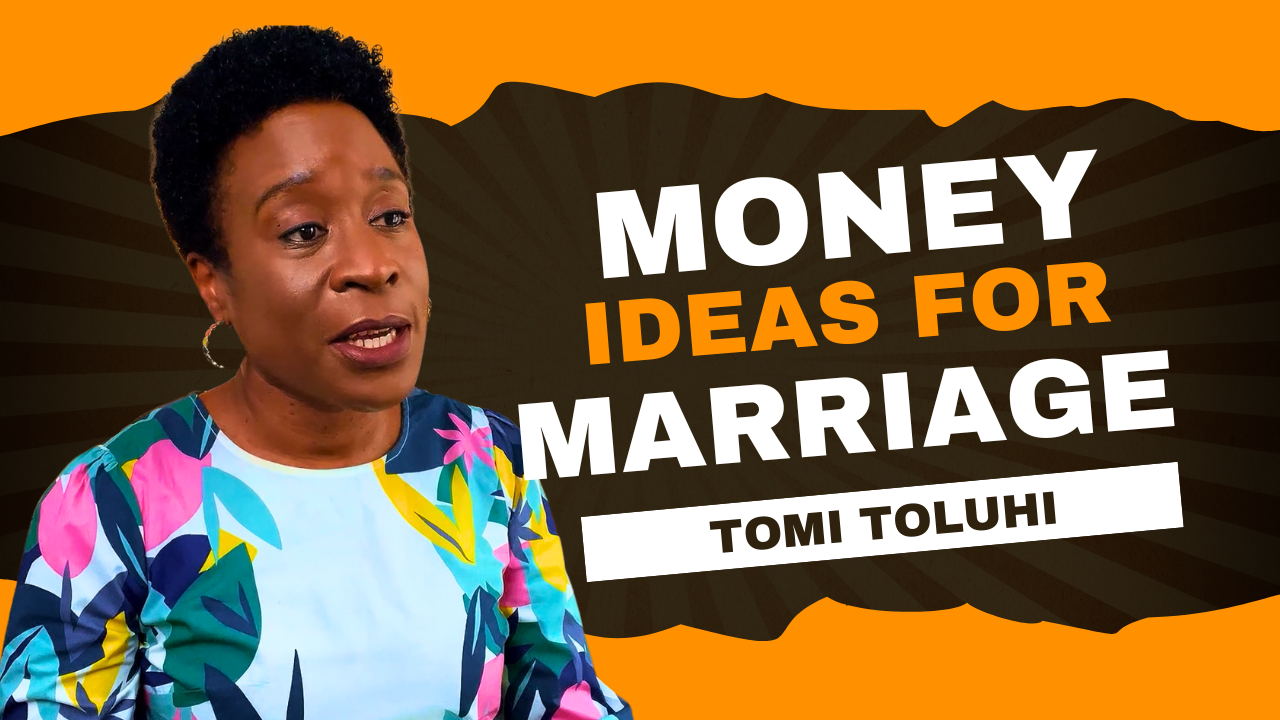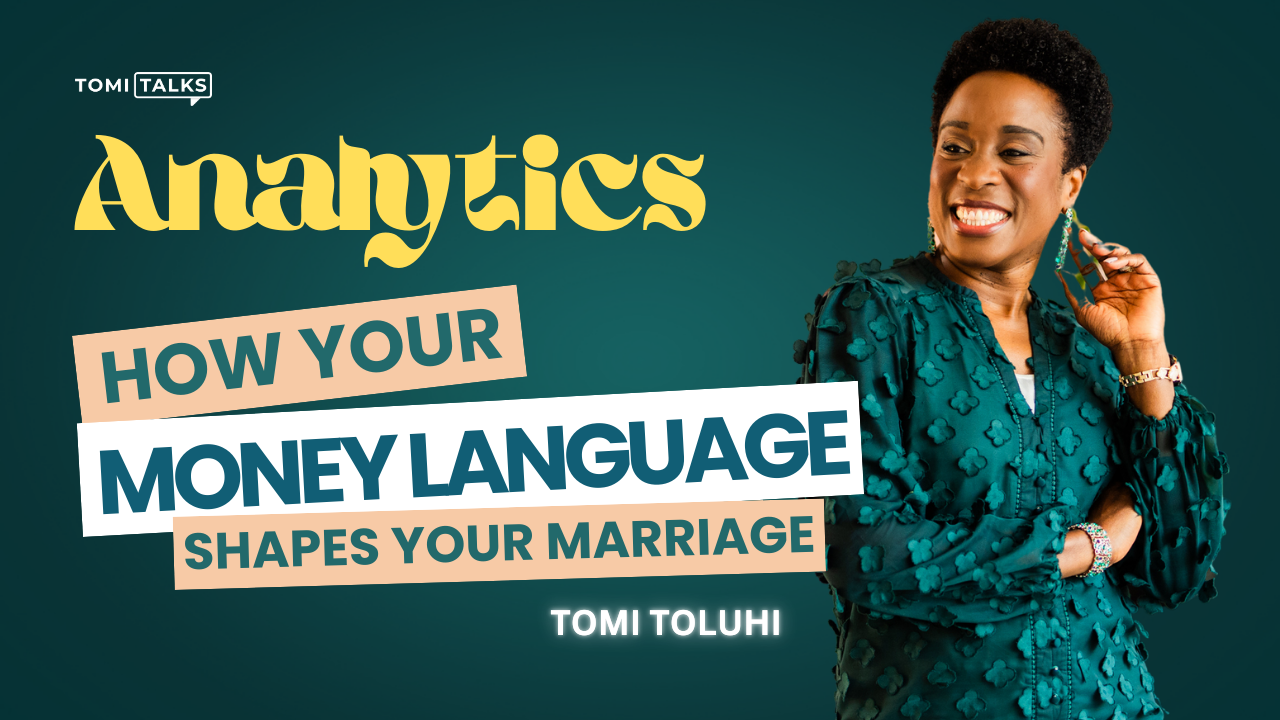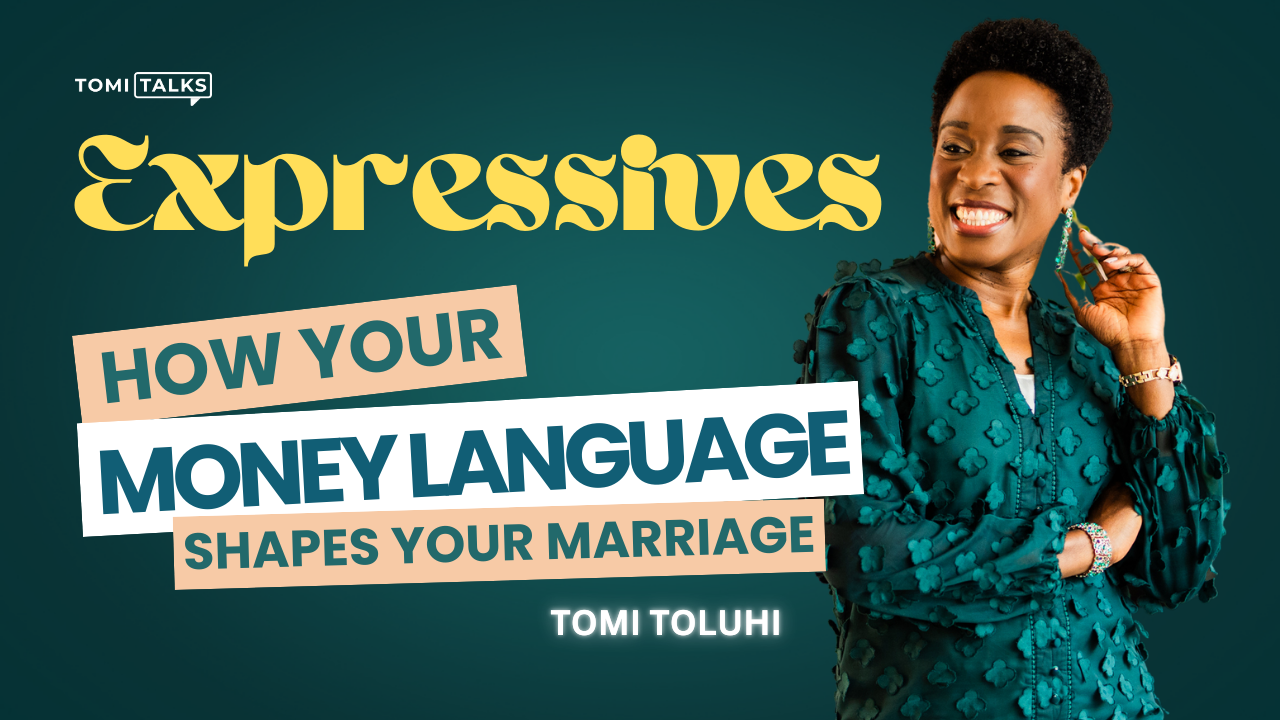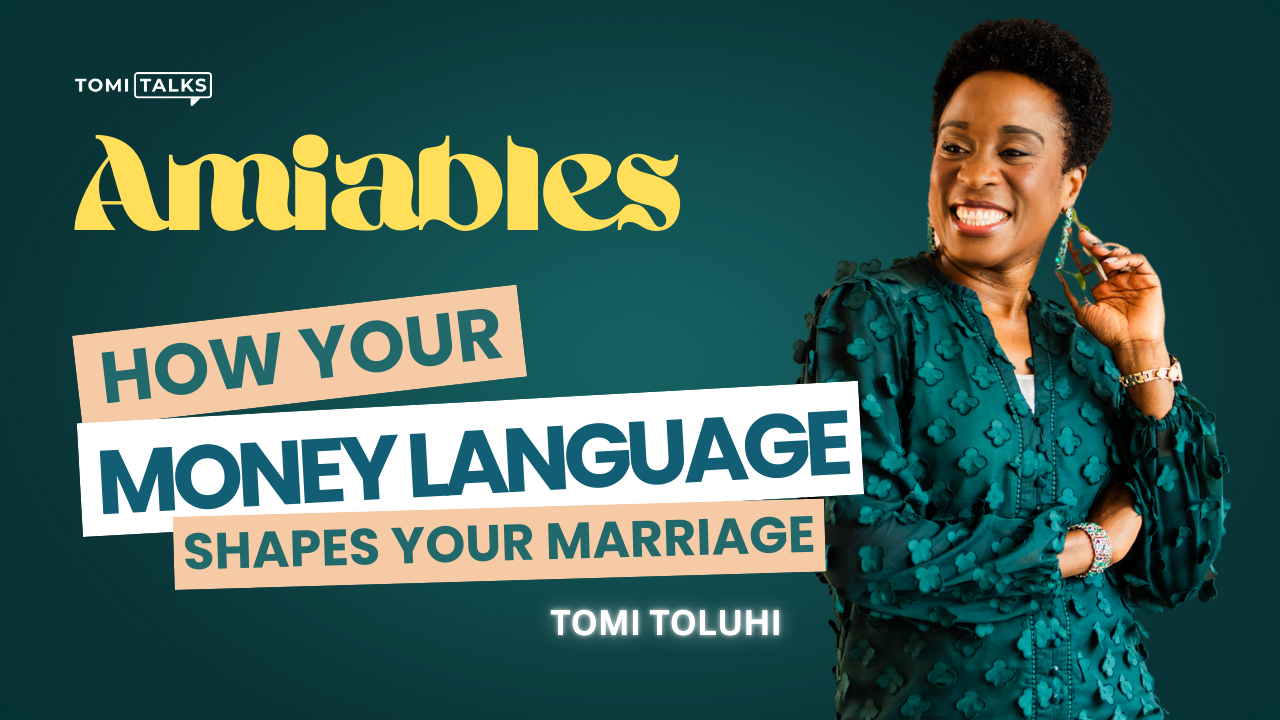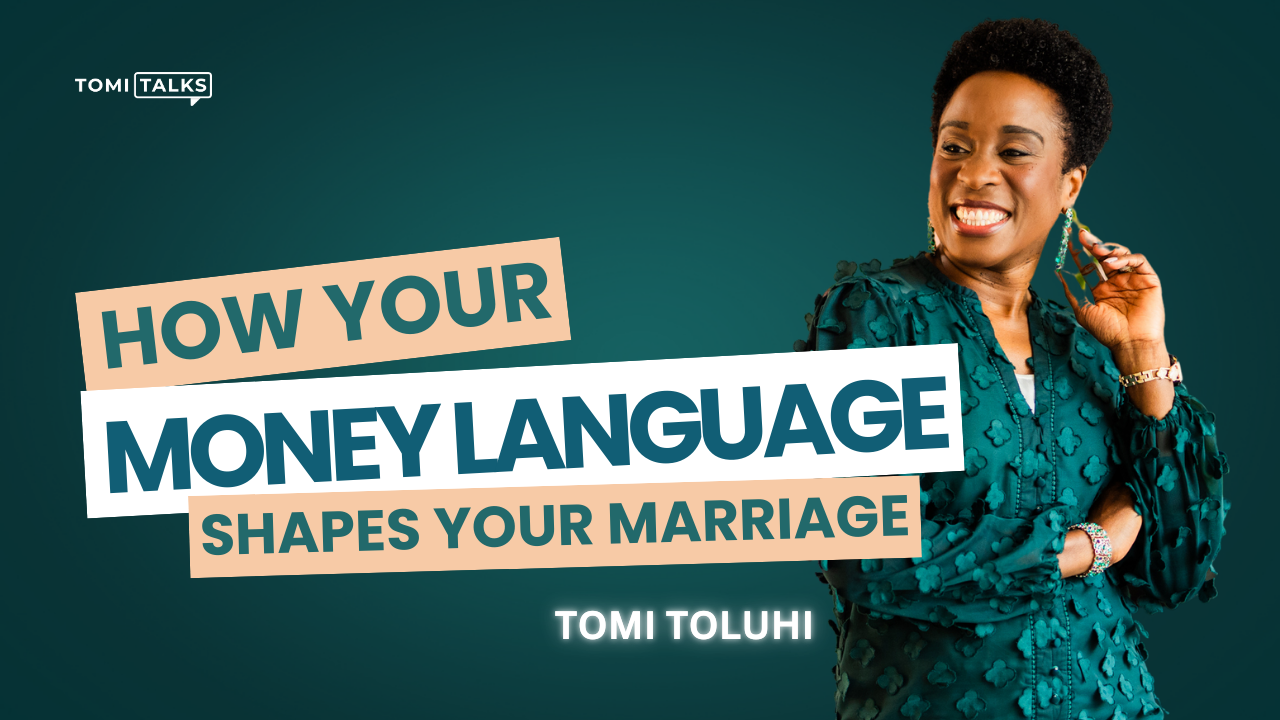What primary school taught me about relationships

Like most adults, I must confess that I don’t remember much of what I was taught in primary school. However, there were some foundational principles I learnt which have stayed with me right into adulthood, like addition, subtraction – and one surprising principle which I learnt from a poem by a man named John Godfrey Saxe.
The poem The Blind Men and the Elephant is well known all over the world and it made a profound impact on my young mind at the age of ten. It tells the story of six blind men who encountered an elephant and were asked to describe what it was like. The first touched the side of the elephant and concluded it was like a wall; the second felt the tusk and concluded an elephant was like a spear; the third, touching the elephant’s trunk was emphatic in his view that the elephant was more like a snake; the fourth felt it’s knee and was convinced without a doubt that it was like a tree; the fifth blind man felt it’s ear and decided that an elephant was more like a fan, while the sixth running his hands along the elephant’s tail declared that it was like a rope. As you can imagine, a loud argument ensued as the six blind men debated on who was right, each secure in the validity of his own experience. The obvious answer is that they were all right; they just had different perspectives because of where they were standing.
So what does all of this have to do with transforming your relationships? One of the most important skills on which the happiness of your marriage depends is the ability to momentarily step out of your own shoes and into your spouse’s shoes; to stand where they stand and to view things from their perspective every now and then. It is a skill which is equally potent in every other human relationship. This is what empathy is all about and it’s the surprising secret that is guaranteed to transform your relationships.
Empathy is the key that unlocks the door of understanding in a relationship. It is the ability to share the feelings of another person in the moment. Until you stand where a person stands you will never see what they see and your ability to relate to them successfully will be hampered by your restricted viewpoint. The reality is that we are all seeking for understanding in this life and we experience a great deal of frustration when we feel misunderstood, especially by someone who is close to us. St Francis of Assisi demonstrated astute perceptivity of what makes relationships work when we penned the immortal words, ‘Seek first to understand, then to be understood’.
Arguments easily dissolve when we momentarily see things from the other person’s perspective because that helps us to quickly navigate towards common ground that both of us can agree on. The tendency to take up entrenched positions and a refusal to empathise with one’s spouse has been chiefly responsible for most of the divorce we see in the world today. When you convince yourself that your viewpoint is the only valid viewpoint, you leave your spouse no room to manoeuvre and every argument becomes a zero-sum game. This is how frustration settles into marriages. Conversely, when each party strenuously seeks to understand the other’s position, you no longer have a win-lose situation. Instead, we are able to extend grace to each other. We experience a profound sense of peace and satisfaction when we feel understood by those we care about and we are more willing to be flexible for their benefit.
Empathy will make a man give up his comfortable seat on the sofa after a long, hard day to put the children to bed so that his frazzled wife can catch her breath after an equally difficult day. Empathy will inspire this same wife to reach out and respond to her husband’s need for sex when she would much rather hug her pillow and sleep off the tiredness of the day. Empathy means paying attention when your spouse needs a listening ear whether you are in the mood or not; being an encourager and comforter when you have concerns of your own; listening intently to the unspoken heart-cry of your spouse and giving them what they need in the moment, not what is convenient for you. Empathy will transform your marriage from a selfish, self-centred endeavour to get your needs met at all costs to a selfless oasis from which you can both draw strength when you need it most.
I call empathy a skill because it does not come naturally to everyone but it can be learnt. Some temperaments are naturally more empathetic and emotionally attuned than others. Nevertheless, we can all learn to be more empathetic. Jesus demonstrated empathy throughout His life. The very act of God coming to earth in human form, to walk where we walk and feel what we feel, was the biggest act of empathy the world has ever known. As such, we can be confident that when we pray, God feels what we feel and responds with grace. Similarly, God challenges us to be empathetic with others. The great teaching to wives and husbands in 1 Peter 3:1-7 is aptly summarised in verse 8 as follows: ‘Summing up: Be agreeable, be sympathetic, be loving, be compassionate, be humble. That goes for all of you, no exceptions.’
So how can you become more empathetic in your relationships? Firstly, continually ask God to help you be less self-focused and more attuned to the needs of others. Secondly, before you respond or react in any situation, ask yourself, ‘I wonder what it’s like to be in their shoes?’ Challenge yourself to walk in your spouse’s shoes this week and see how different the view is from their side. It will change your perspective in the moment but, more importantly, that is a skill that will change your marriage for life.
Do you remember reading that poem at school? Will you challenge yourself to walk in someone else’s shoes this week?
